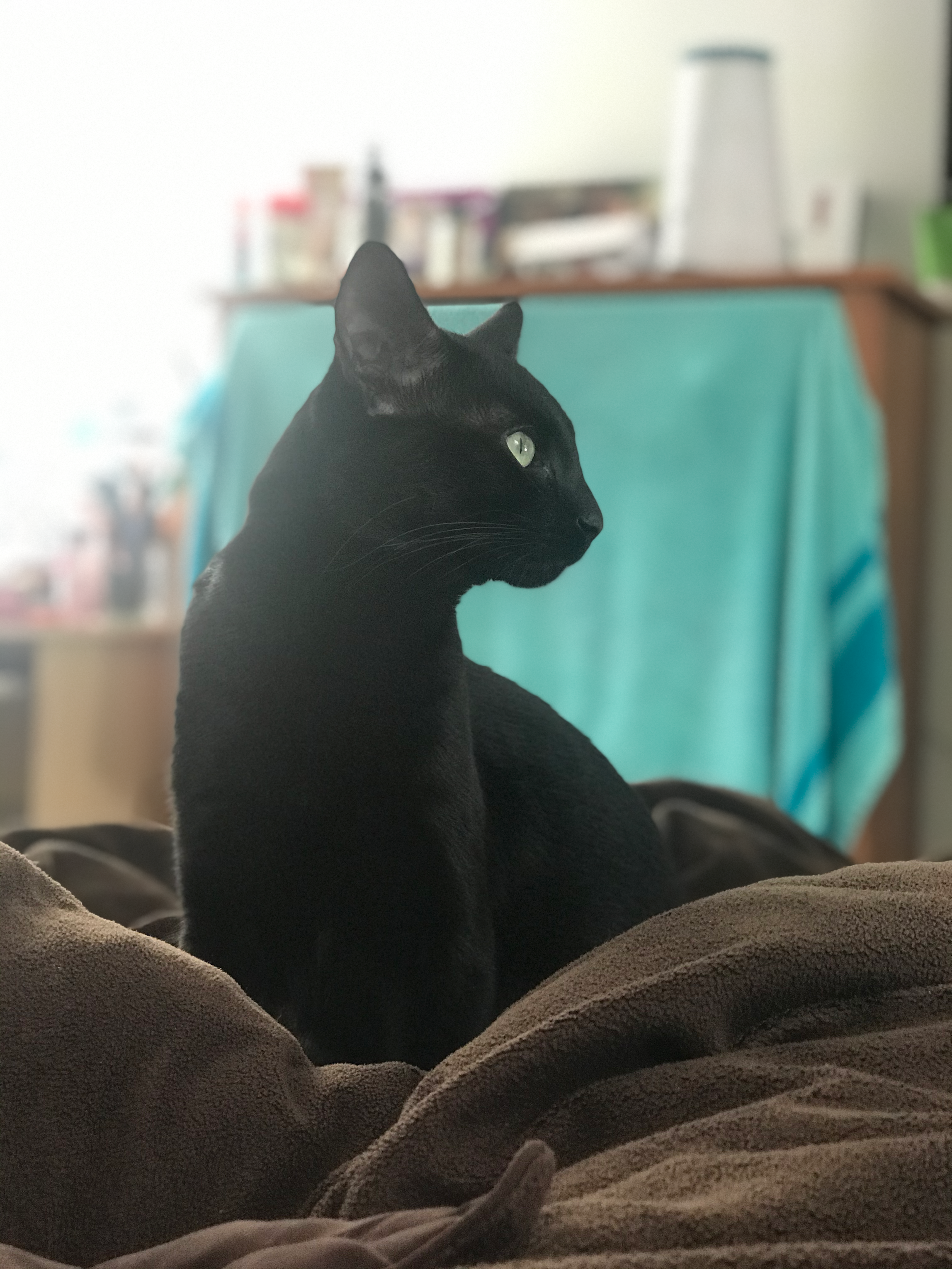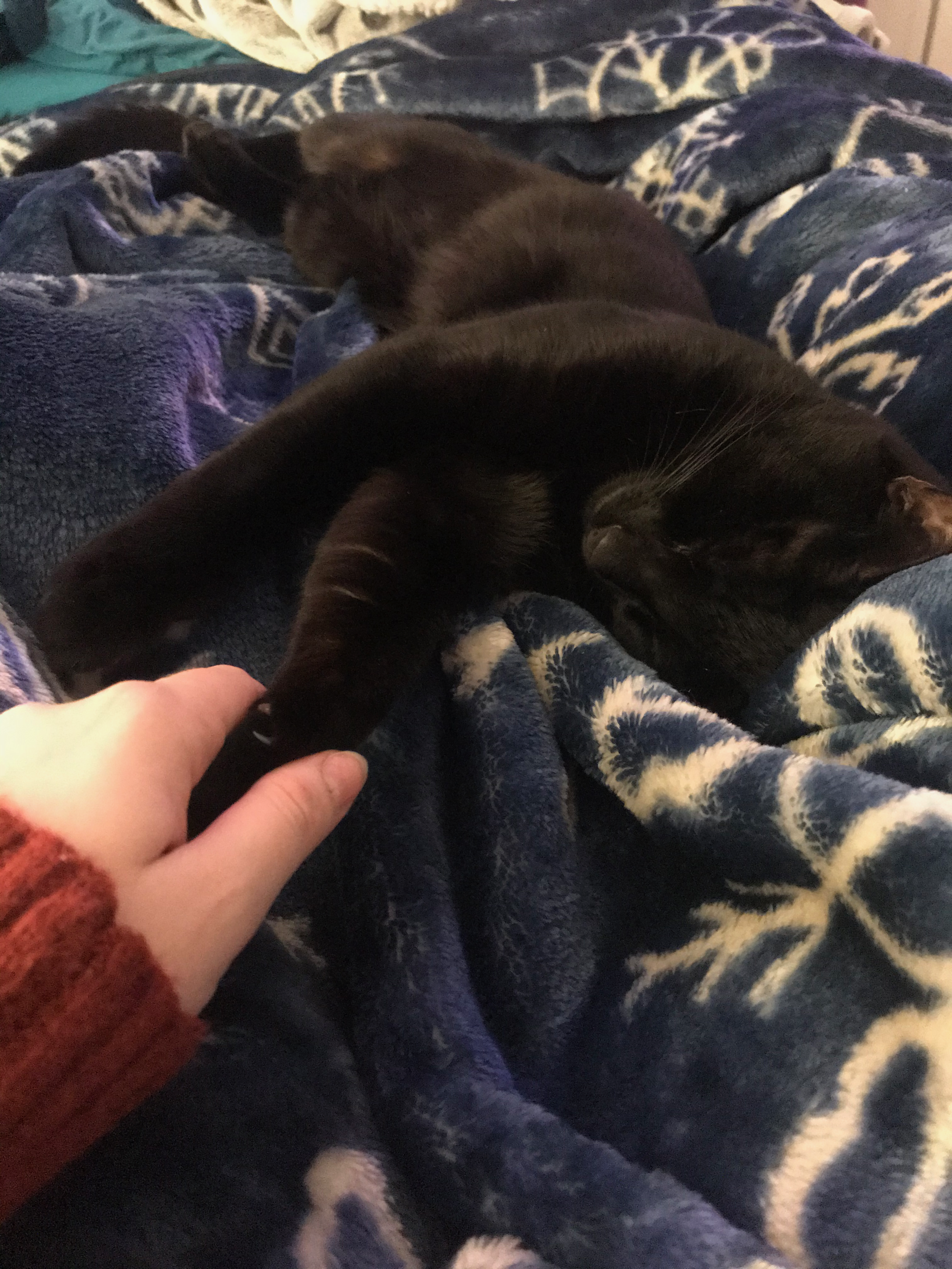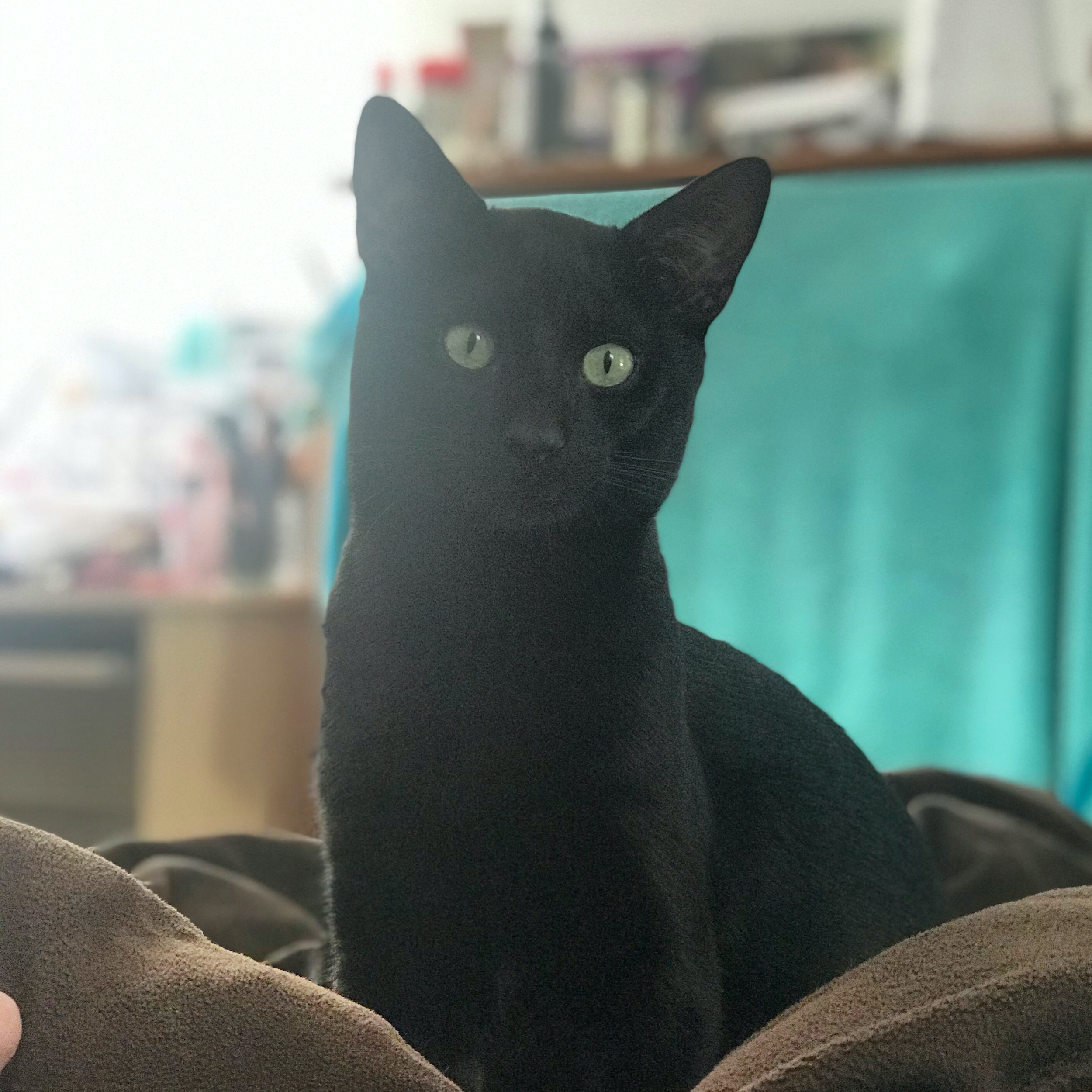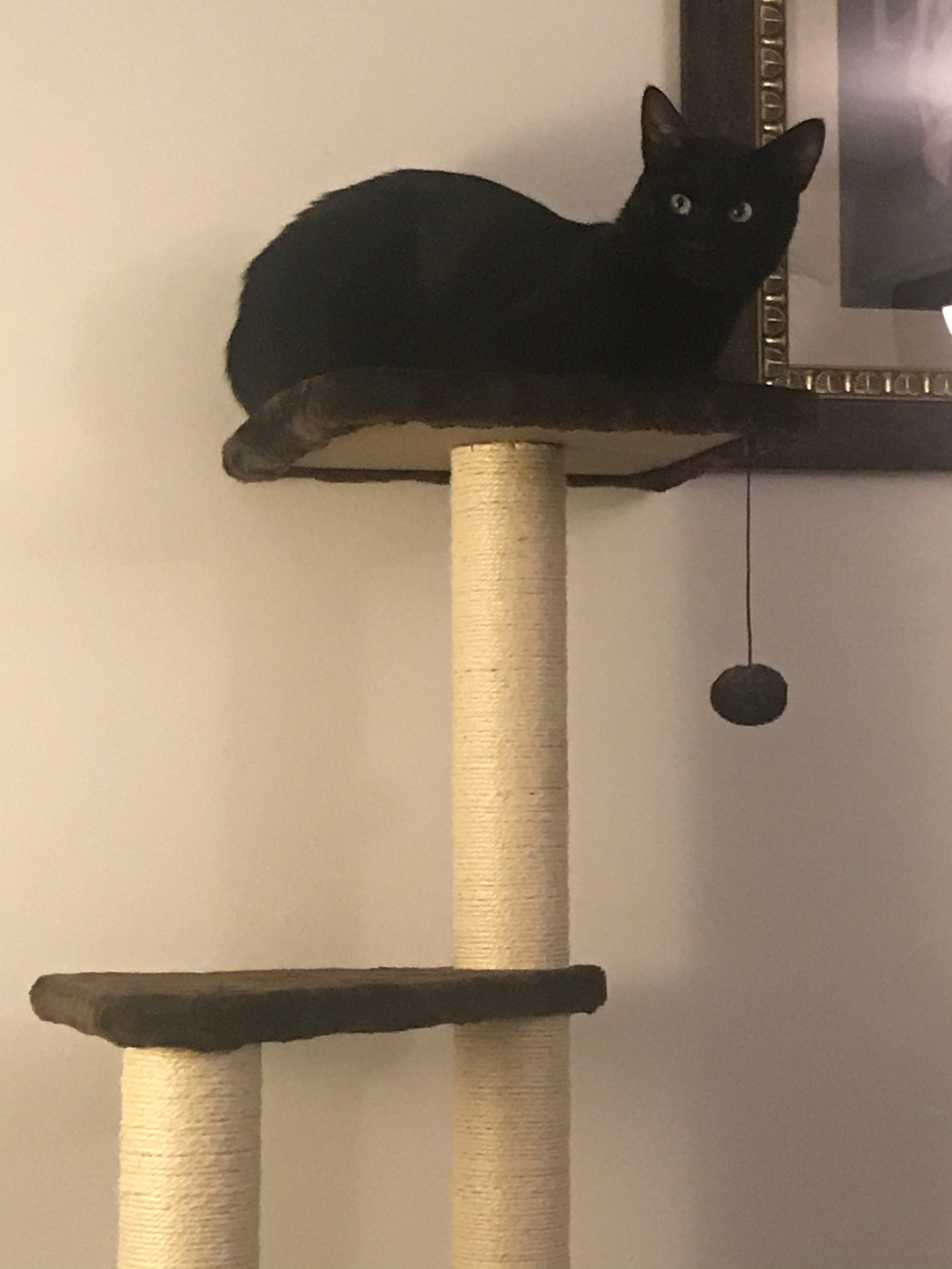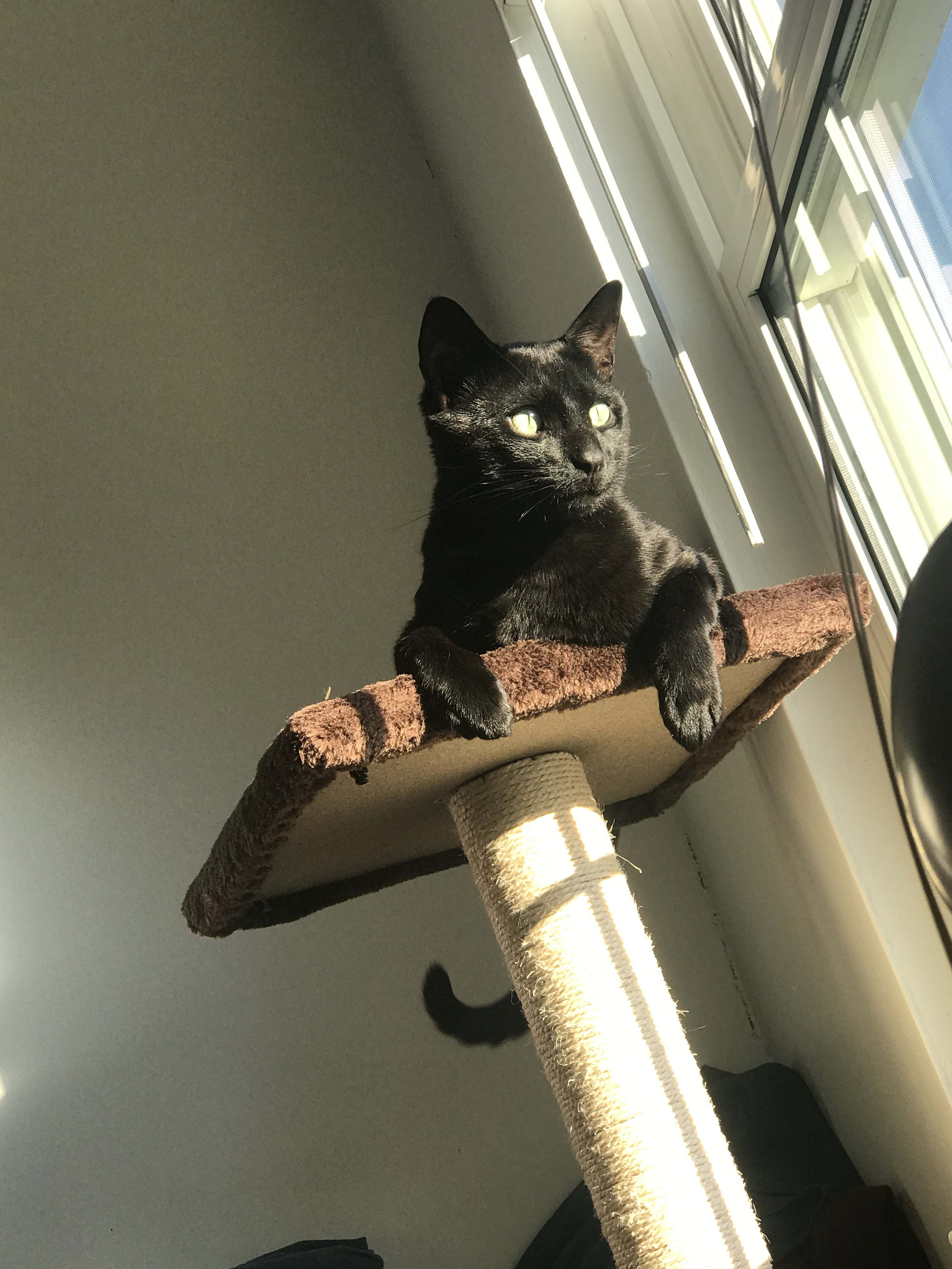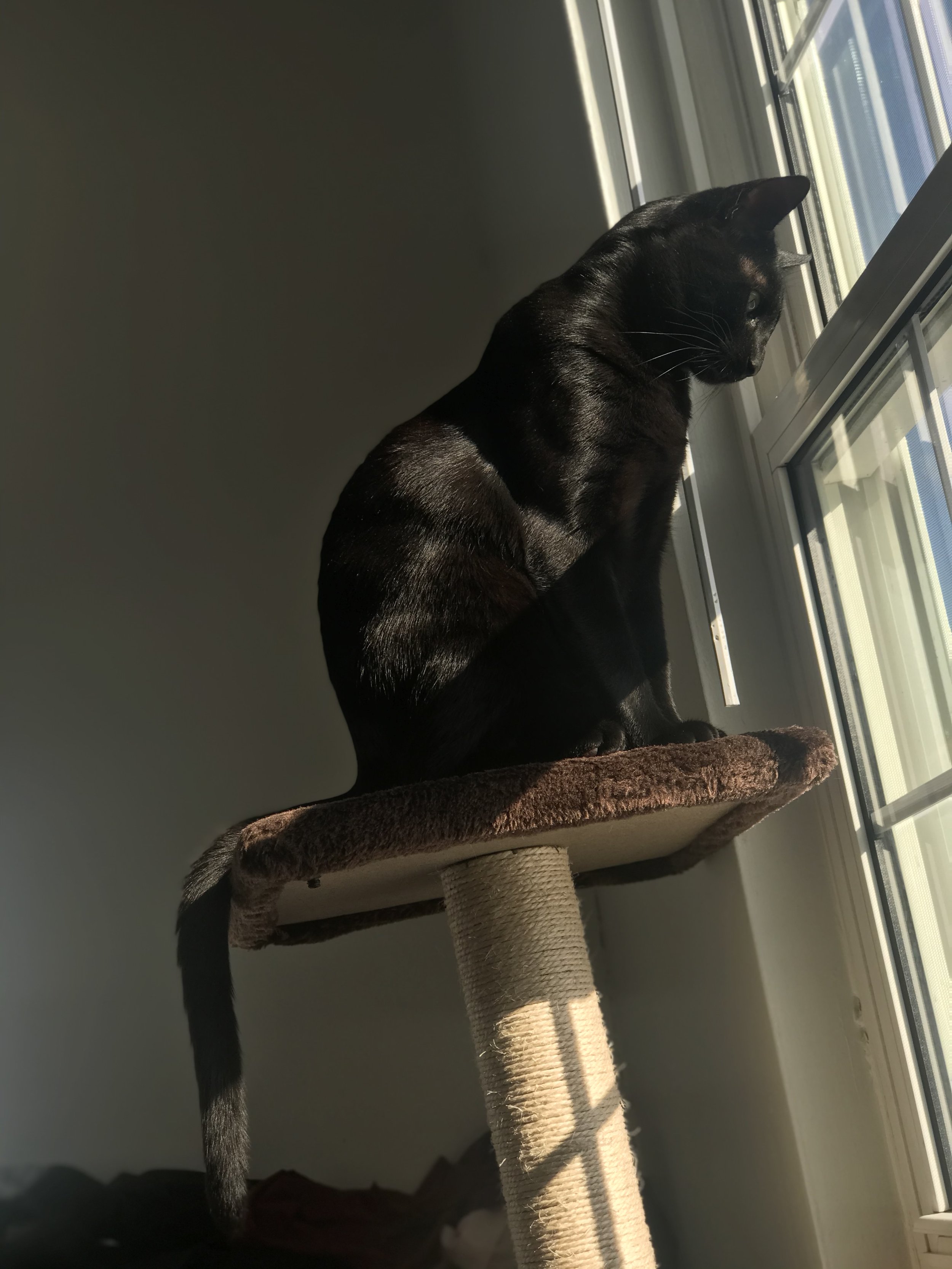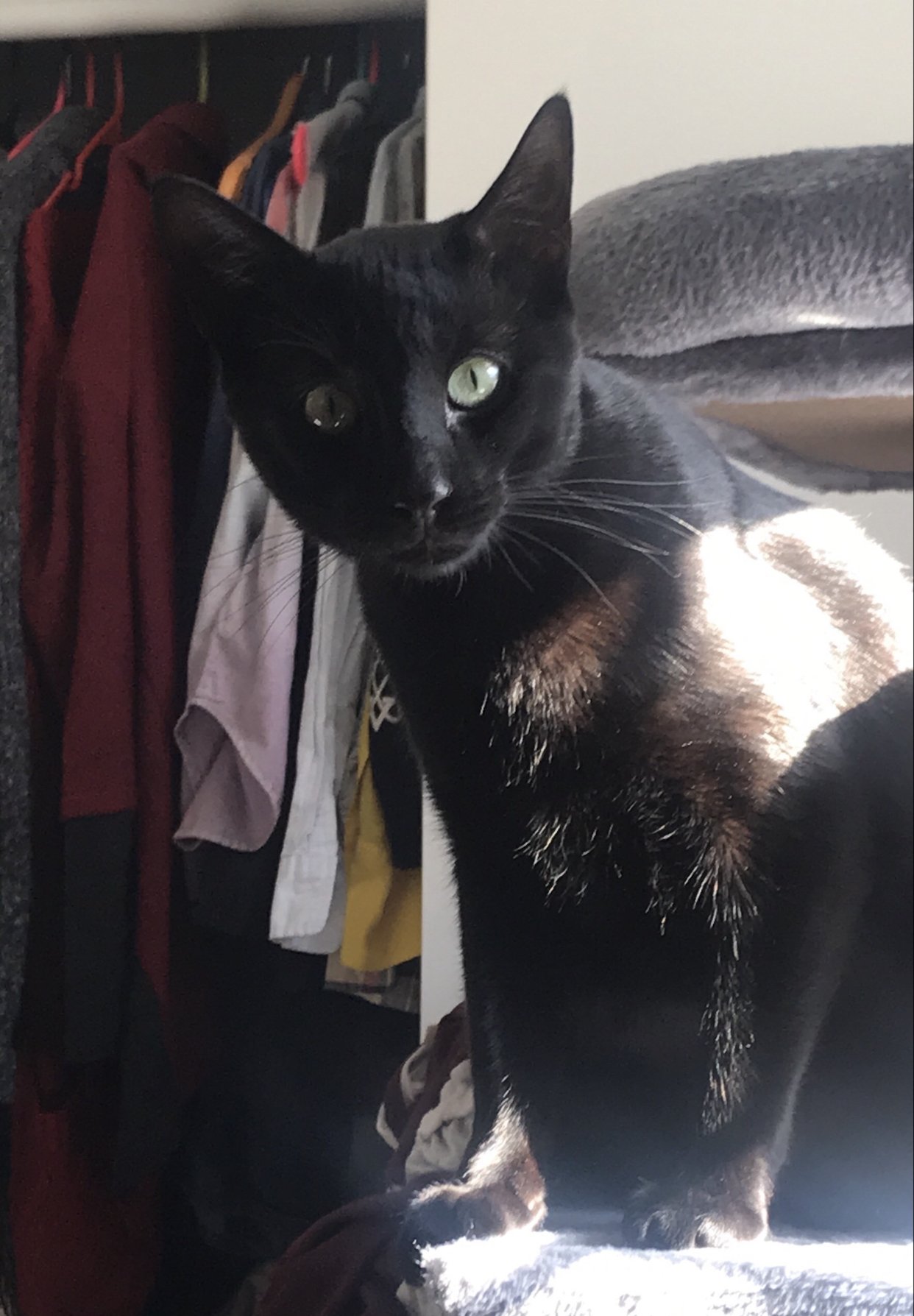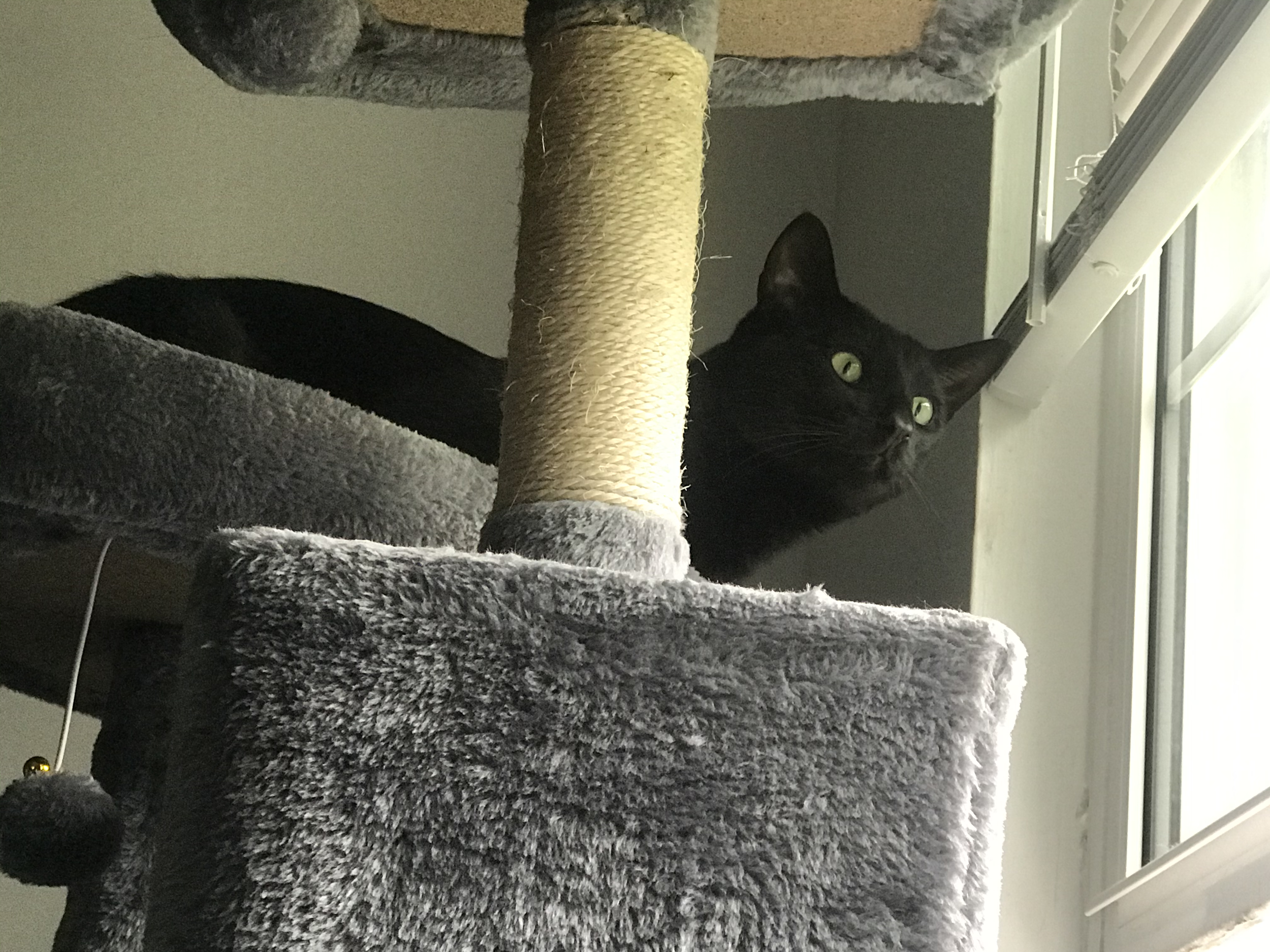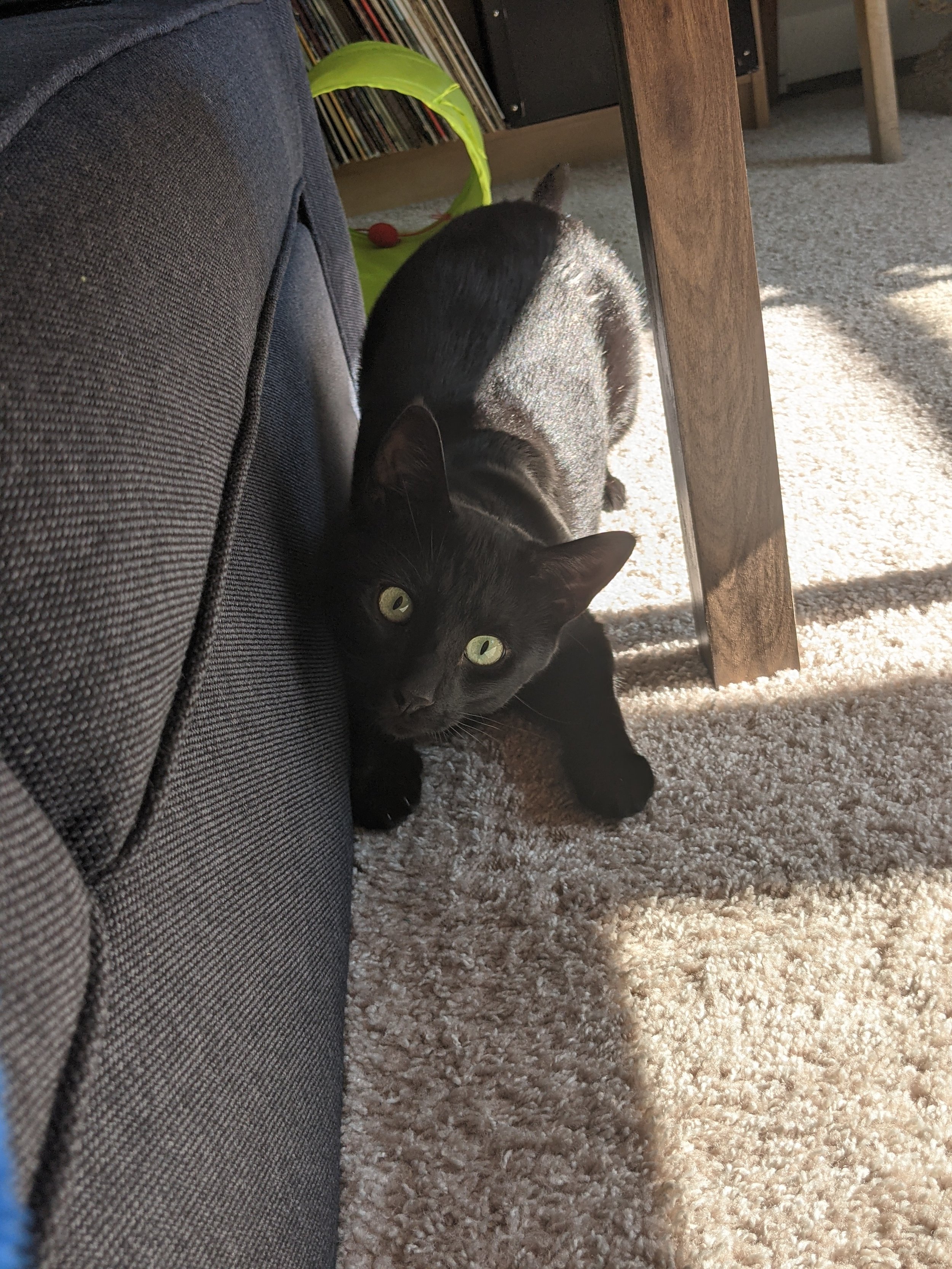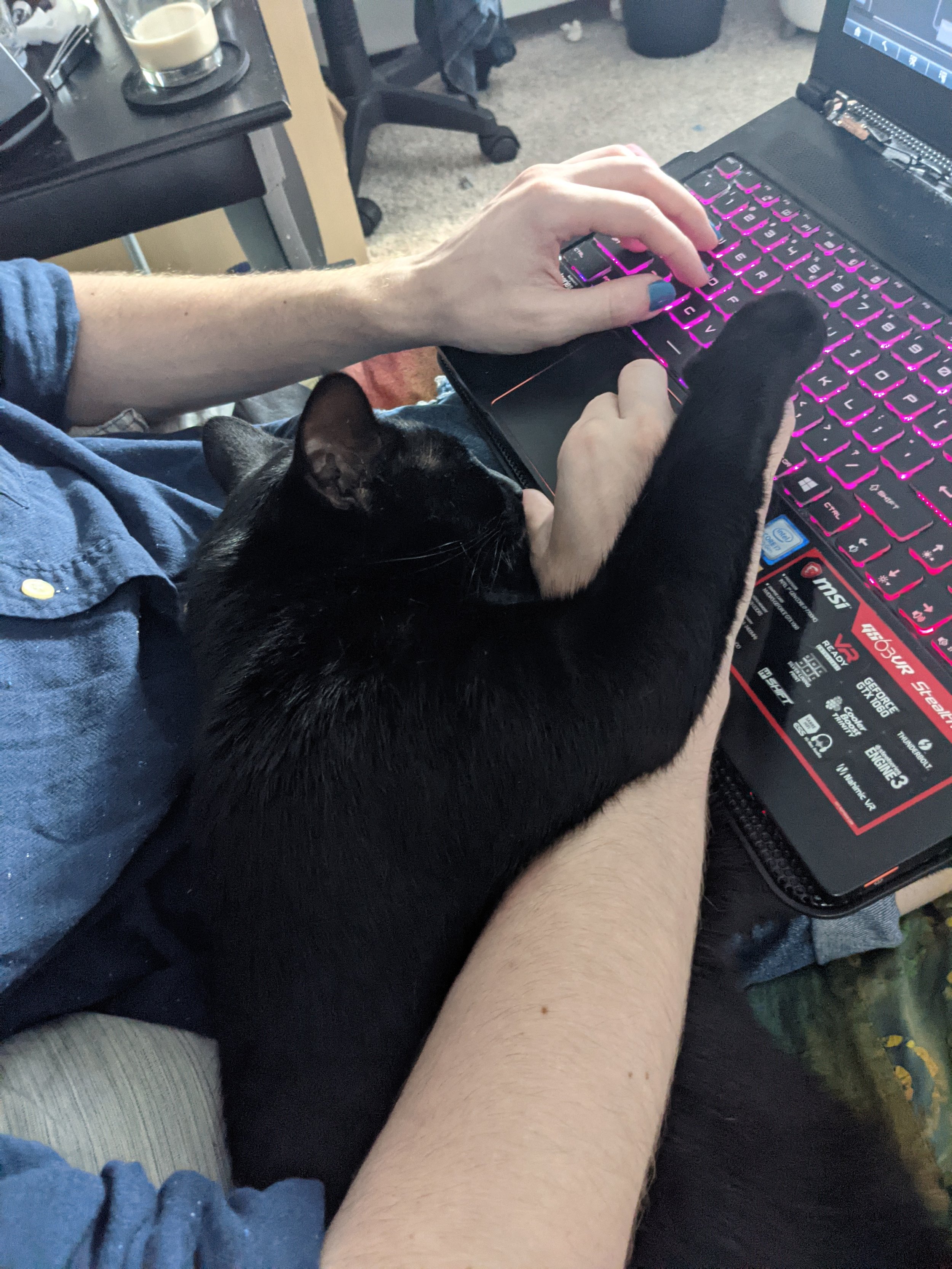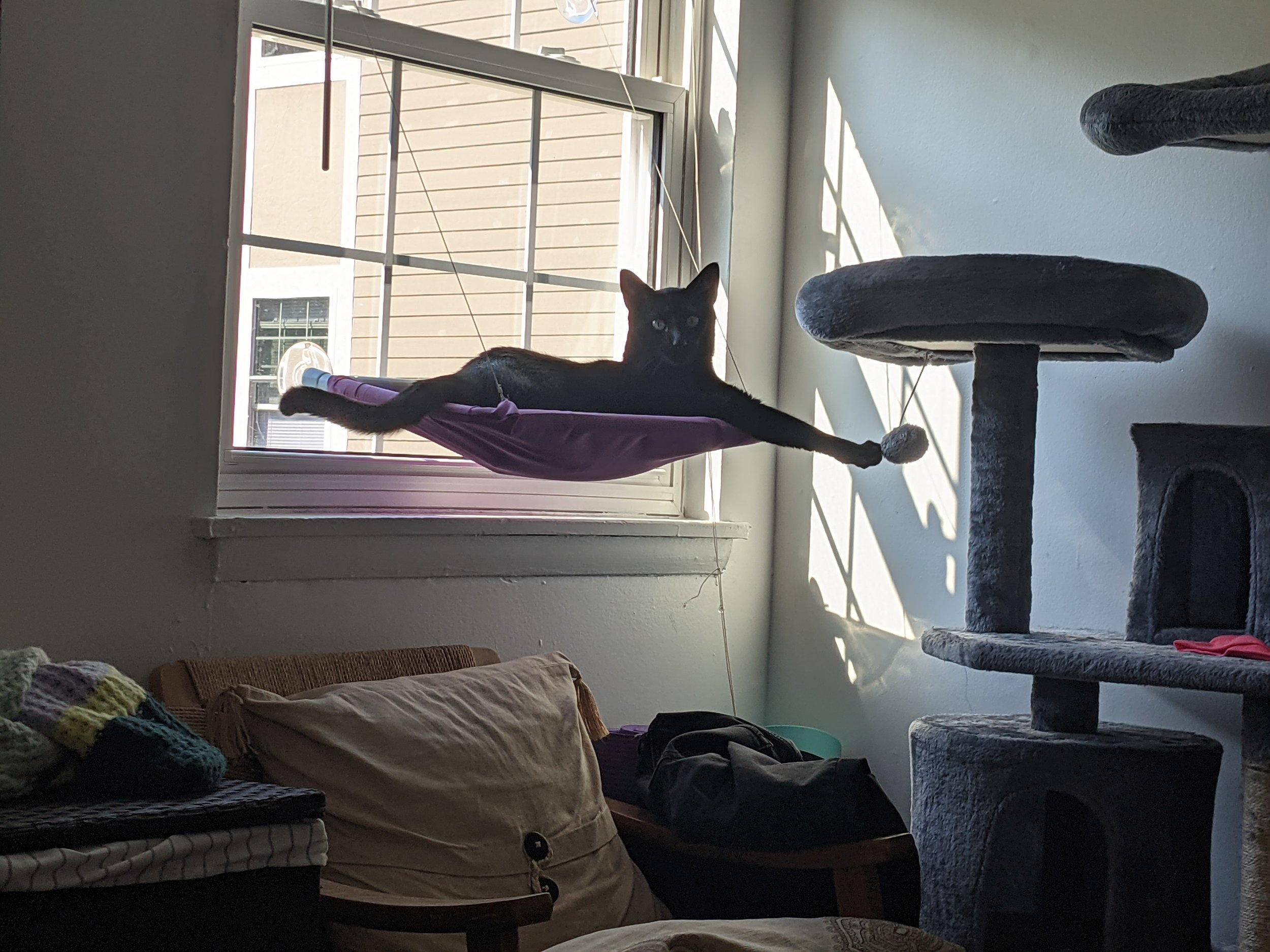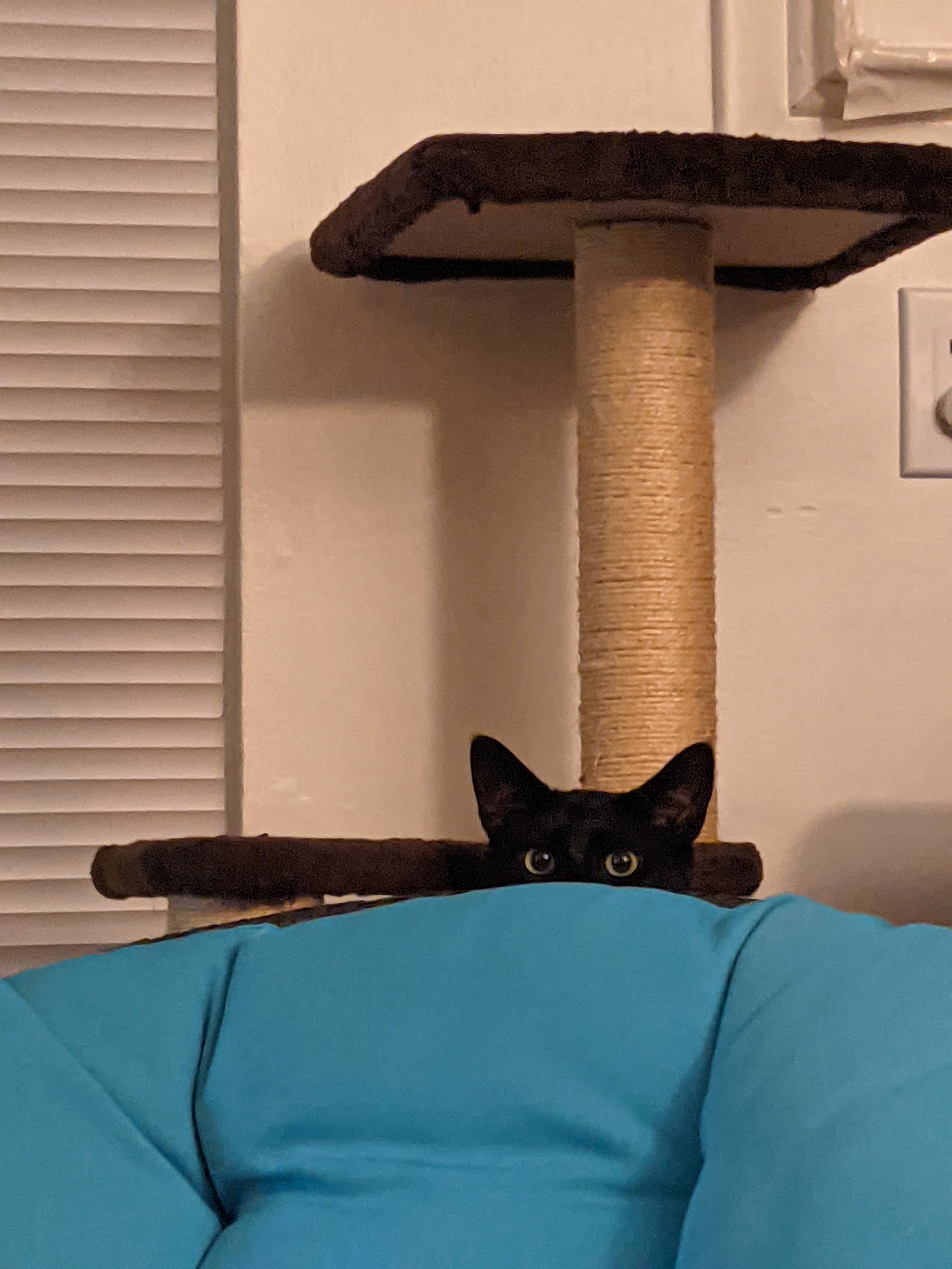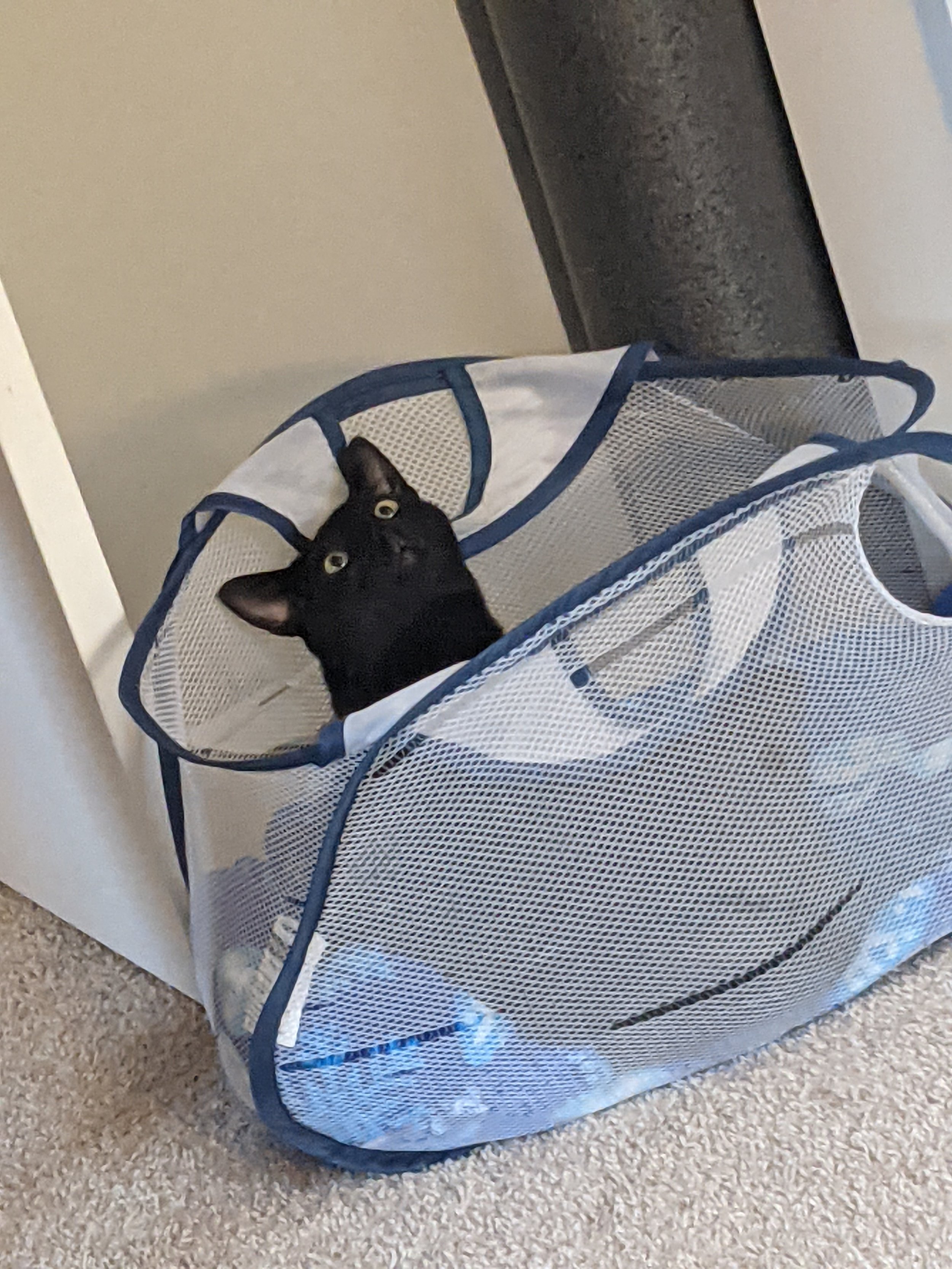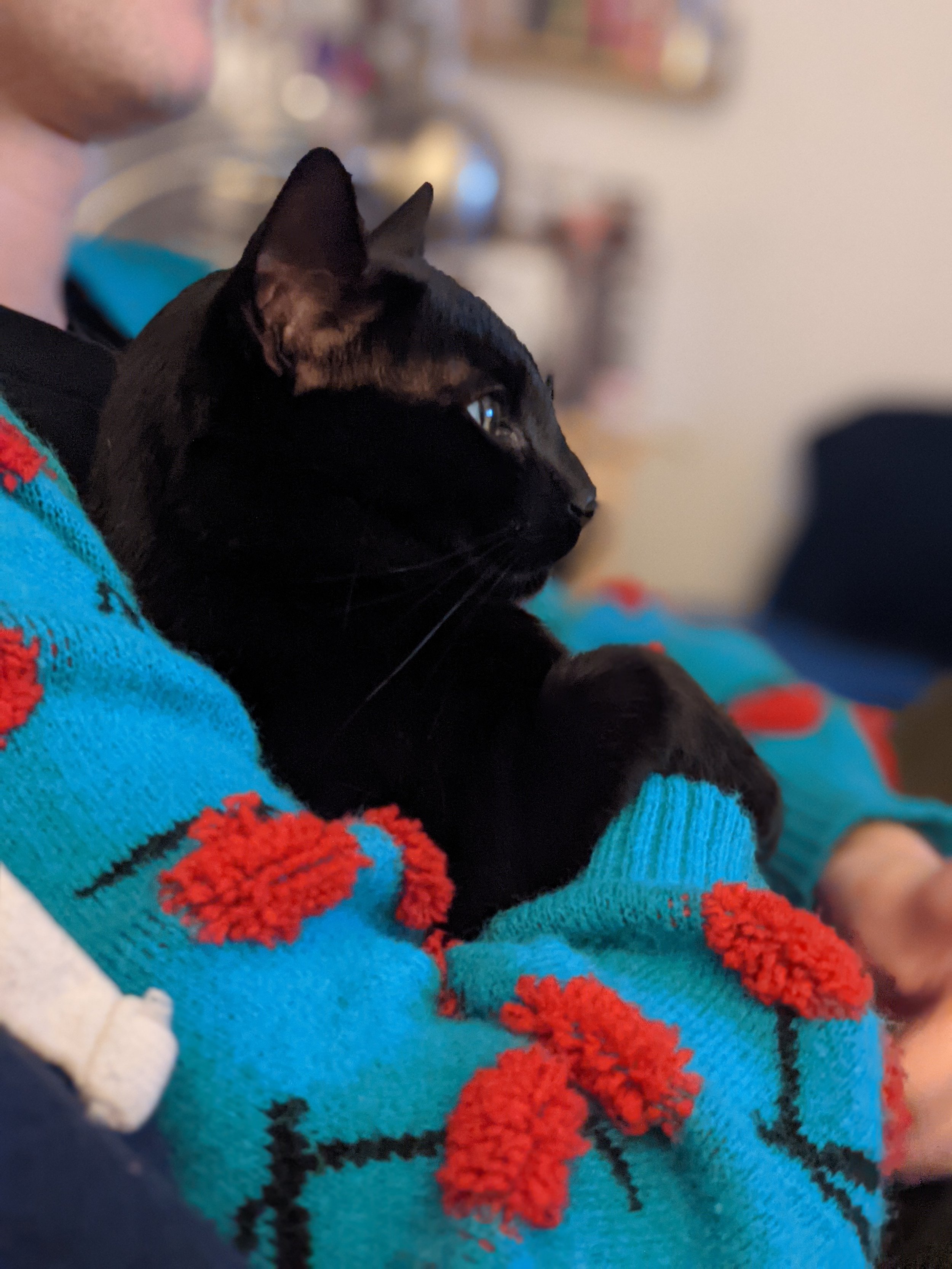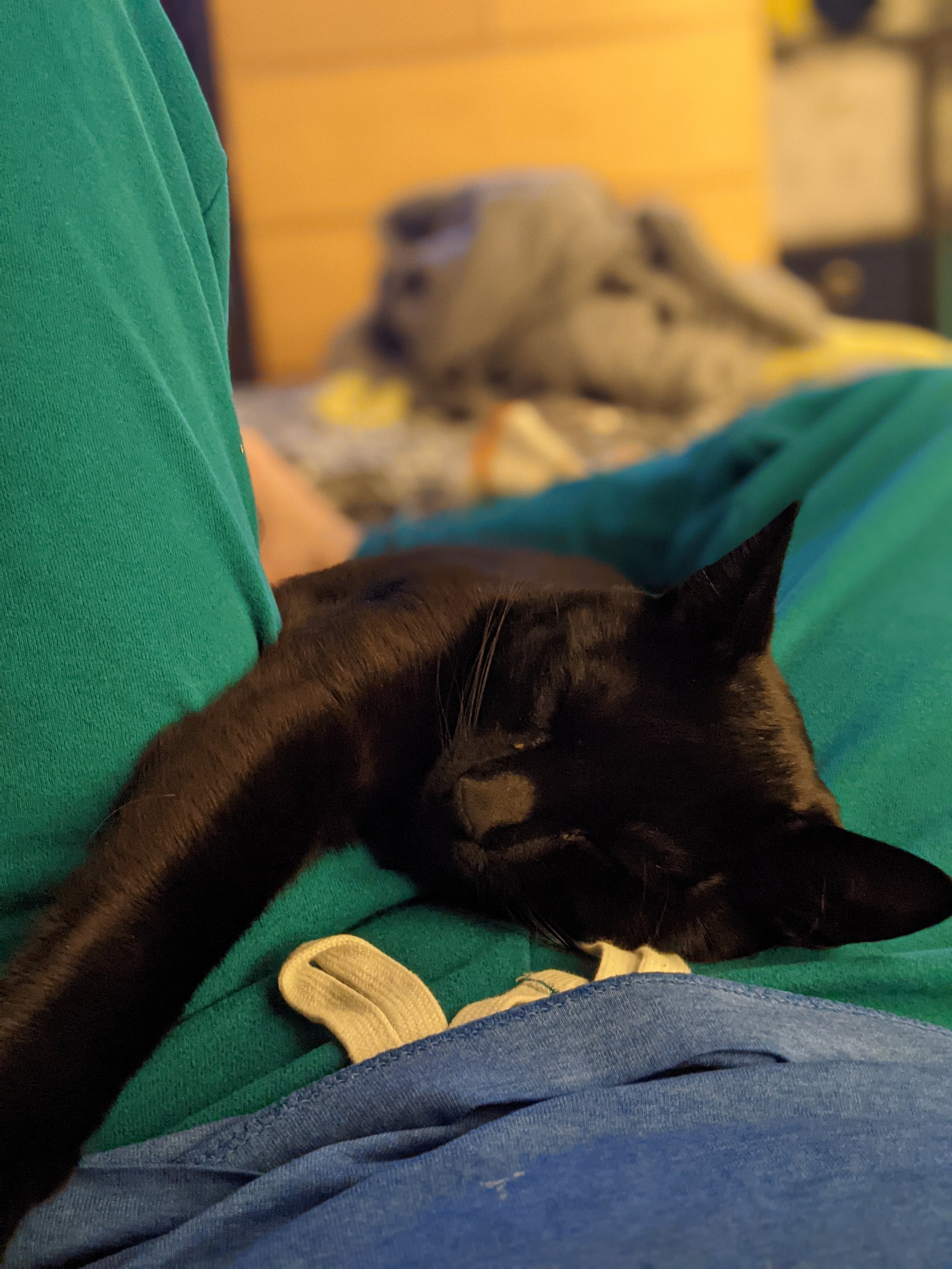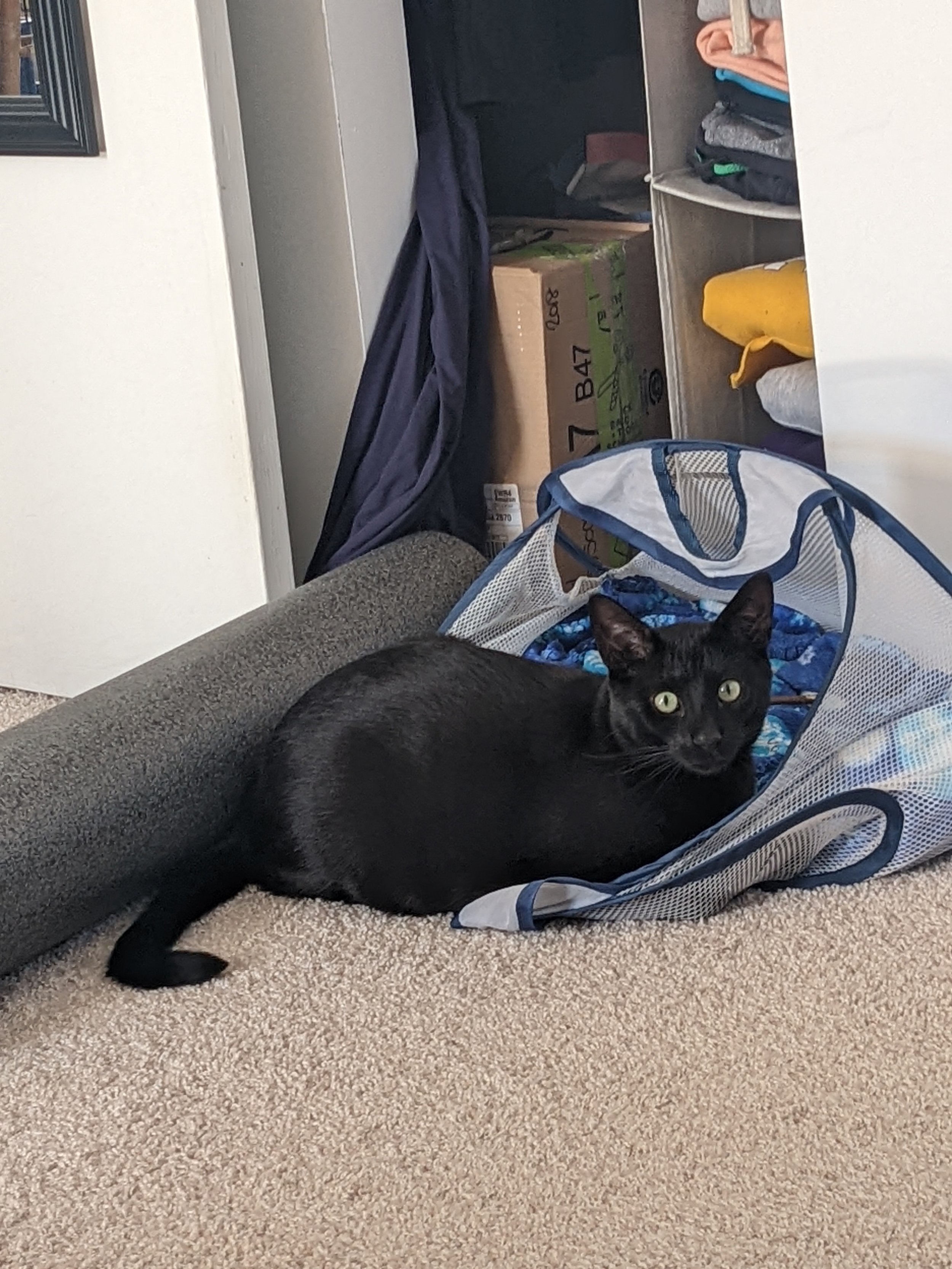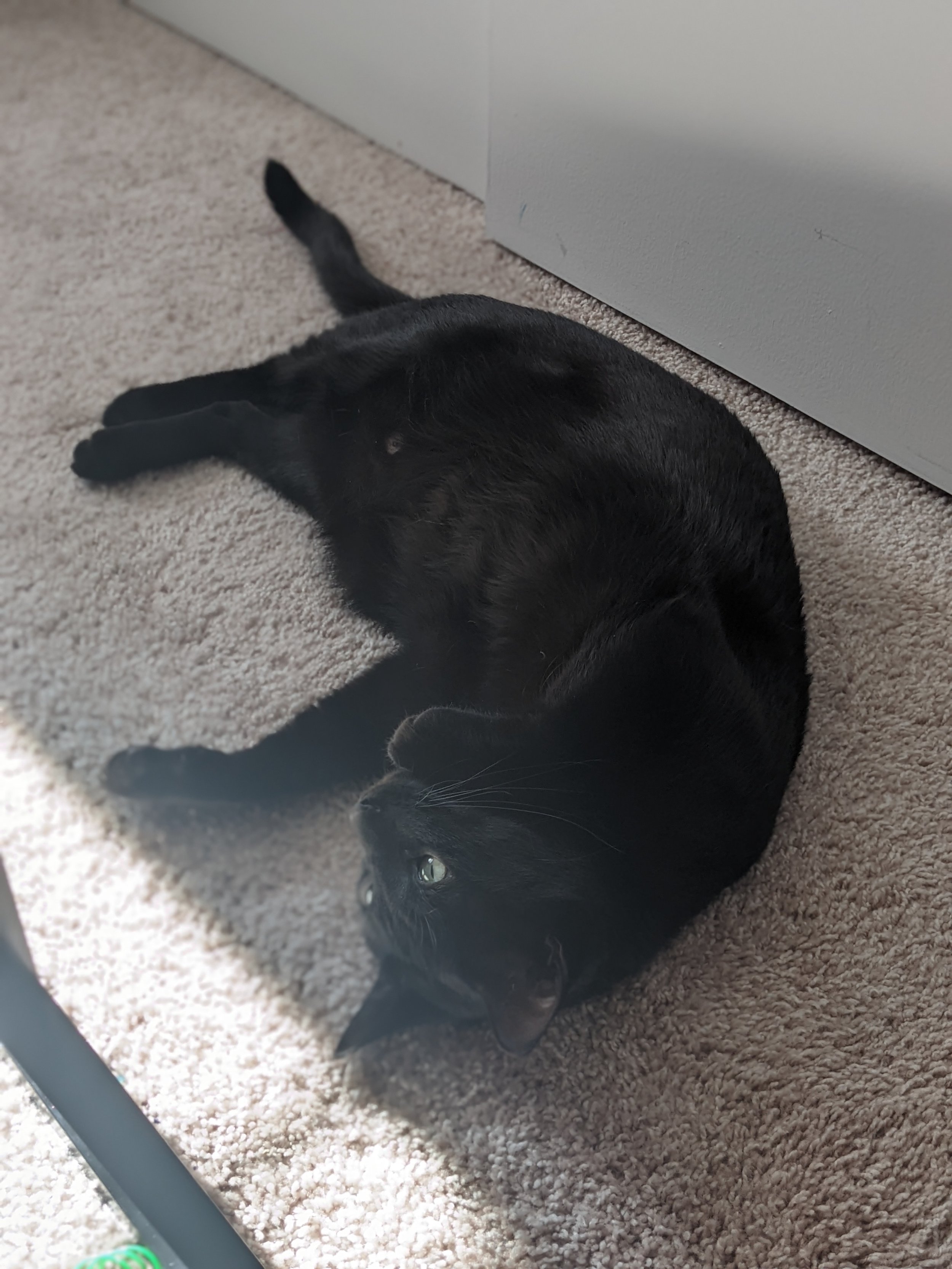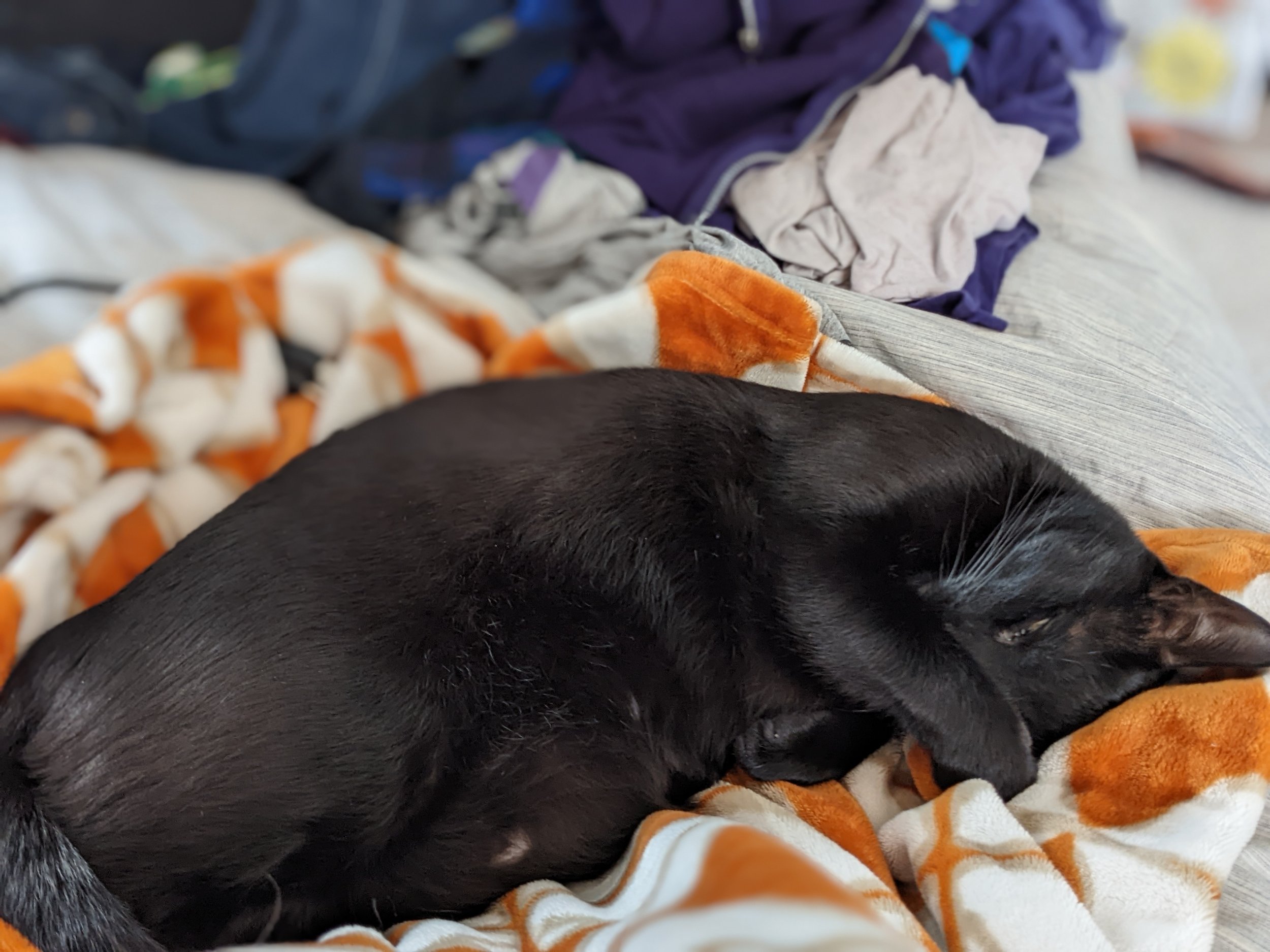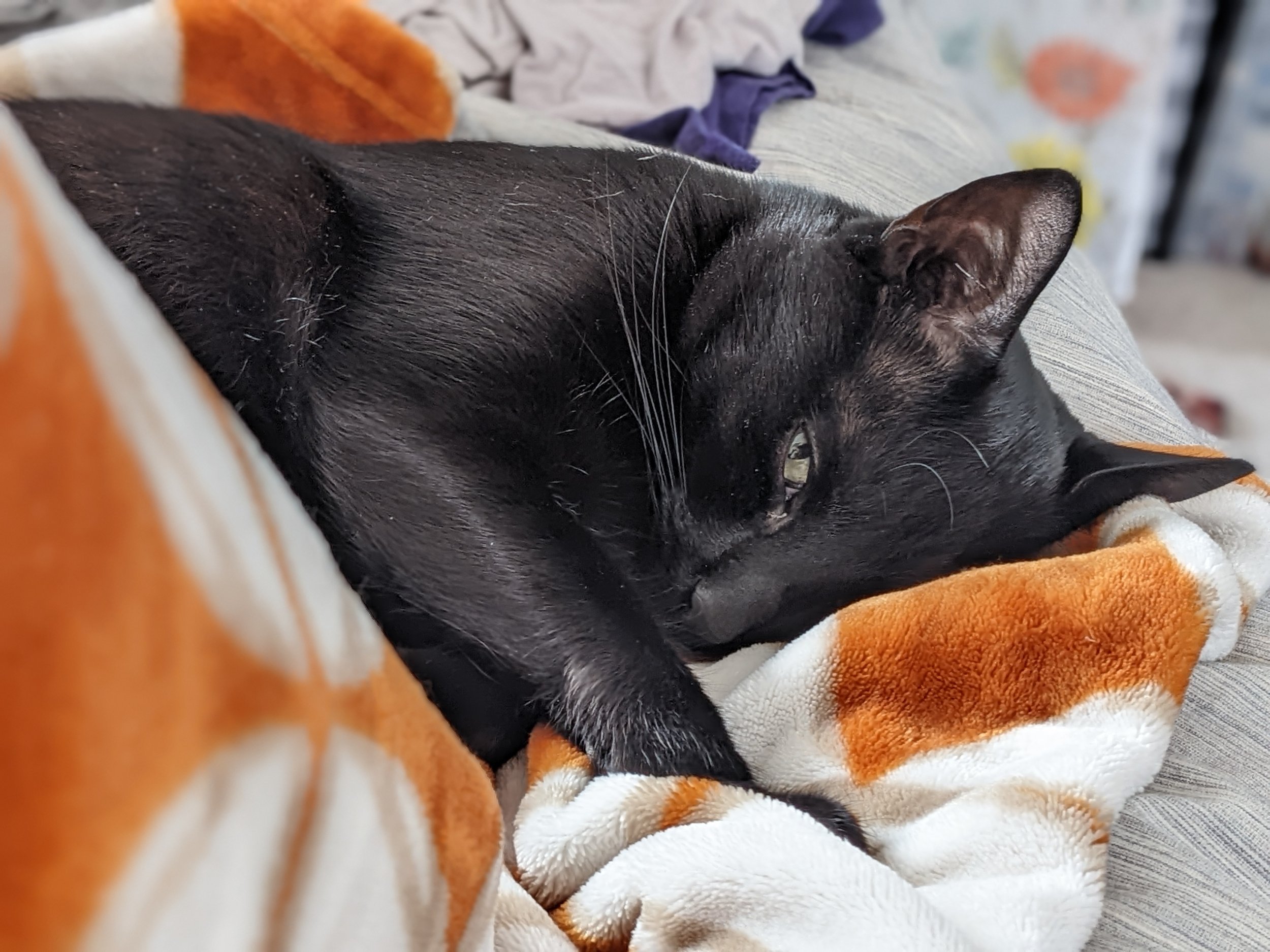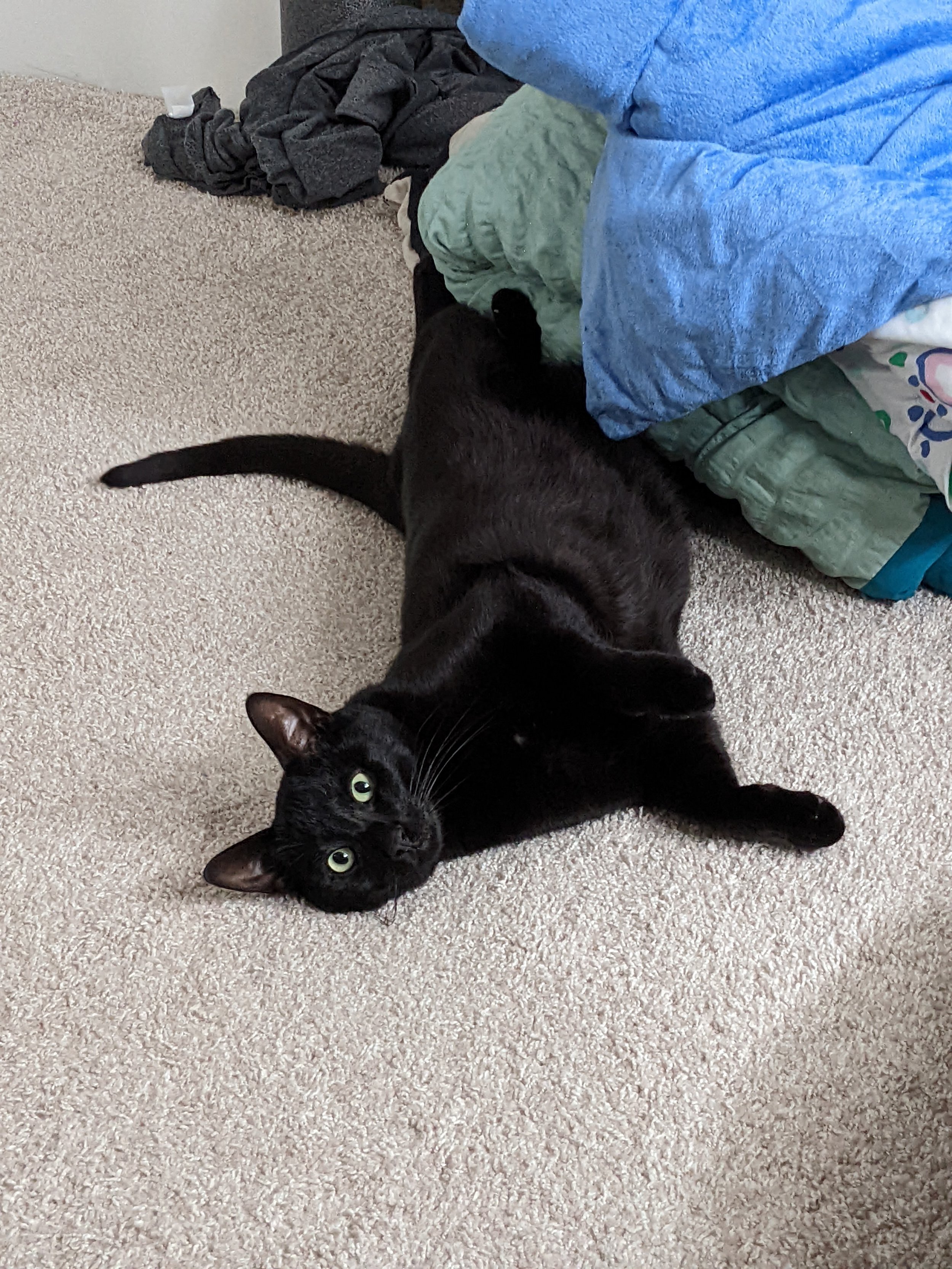Parched is the first book in the so-named series by Z.L. Arkadie. I found the second book (pictured below), The Seventh Sister, free for Amazon Kindle, and because I was bored and it was about vampires, I downloaded it. Upon its completion, I discovered that it's part of a series, which led me to book one, Parched.
The general idea is that Clarity, the protagonist of the first novel (but not the second), can essentially read minds and emotions off the people around her. While in college she meets a man by the name of Baron Ze Feldis, and it turns out that he's a vampire, or in the terms of the novel, a Selell.
Now, as it turns out, Clarity is one of seven, only three of whom do you meet by the end of this novel: Clarity, Adore, and Fawn.
Arkadie creates an interesting "other" world called Enu into which Clarity ventures to learn about who she is and what's going on.
The novel is packed full of mystery and plot for as short as it is, and it's enough to keep you reading.
Except.
1. Arkadie's prose is kind of godawful. I mean, don't get me wrong, her actual words aren't [usually] at fault, but she throws random commas in random places in which they don't belong, she's constantly separating her "in which"es and she called a fence "rod iron" instead of "wrought iron". I get that these are free books on Kindle, but the other five books in the series are all at least $2.99 and, as cheap as that is, I still feel like it's worth somebody's time to edit these things. They aren't that long; I read them both in a matter of a couple of hours total.
The following point(s) apply to both Parched and The Seventh Sister, which I have yet to discuss, but will shortly.
2. Her protagonists are super subject to Mary Sue syndrome. For anybody who doesn't speak author, this is a very common pitfall of authors *coughcough Christopher Paolini's Eragon coughcough* to "self-insert" the author into a text (exhibit A: Bella Swan via Twilight), or, more commonly as used today, over idealize the protagonist to the point where they are literally better than everybody else present. Prettier, smarter, "The One", "The Prophesy", etc. etc. Everyone wants them, they can do no wrong, you name it. Generally speaking, it's the placing of the protagonist above everybody else and largely assuming or insinuating that they are without fault. It's a huge problem in fiction writing, and the term got its start in Star Trek fanfiction (check Wikipedia). For the record, the term for males in this position is Marty Stu, which is, quite frankly, hilarious.
3. Neither of her protagonists in the first two novels have a unique voice with which they tell their stories, think, act, or reason. Both novels are told in the same storytelling style--which I can't condemn too hard because I understand how hard it can be to change your style--but even so, when you're working with characters who are separate people, they need to be employed with their own voices.
At this point, the question does have to become that of prose versus plot: Is the story itself enough to overpower the pitfalls? Honestly, I'm not certain. The fact that I've downloaded the third book to continue the story leans one way, but the fact that every other page I'm swearing to myself because of blatant, unacceptable errors leans the other. I gave it 4 stars on Goodreads because I did really enjoy the book--short as it was--but these are certainly things that have to be taken into consideration.
The Seventh Sister follows Zillael, the youngest (if I recall correctly) of the seven sisters, who is attending high school and taking care of herself because her mother (who actually isn't) is always out on business trips. Whatever.
Apparently Zillael has the gift of speed, which is one of the seven gifts inherited from her father, whom she has never met.
Zillael's teacher and classmate are also special persons--the teacher a guardian I think and her classmate a Wek (which is sorta like a guardian angel or something; it's difficult to explain), and they're charged with protecting her from Selells/vampires, except that she sort of falls for one? While also falling for the Wek. It's complicated.
Anyway.
That's all I can really say about the second one. I read it ages ago and I'm not especially in the mood to do it again. It was far shorter than Parched, and I read in Parched's afterword thingy that The Seventh Sister was more of a filler short or some such a matter. But it was fun. And it was free!
It is still subject to the same complaints as mentioned above, though. So. You know. I still gave it 4 stars on Goodreads, because I enjoyed it. But. You know.
A common complaint of Arkadie's is that she tends to drop a shit ton of information all at once, or over time, and apparently people have difficulty keeping up or keeping it all straight. I didn't have that issue personally, but I'm used to reading really complicated, convoluted, in-depth material where every detail counts (like my Victorian literature for my university classes, for example. Can anybody say Charles Dickens?). So that's my thing. No judgment on anybody making the complaint, I'm just saying that I'm used to it so it wasn't a problem.
Happy reading!



